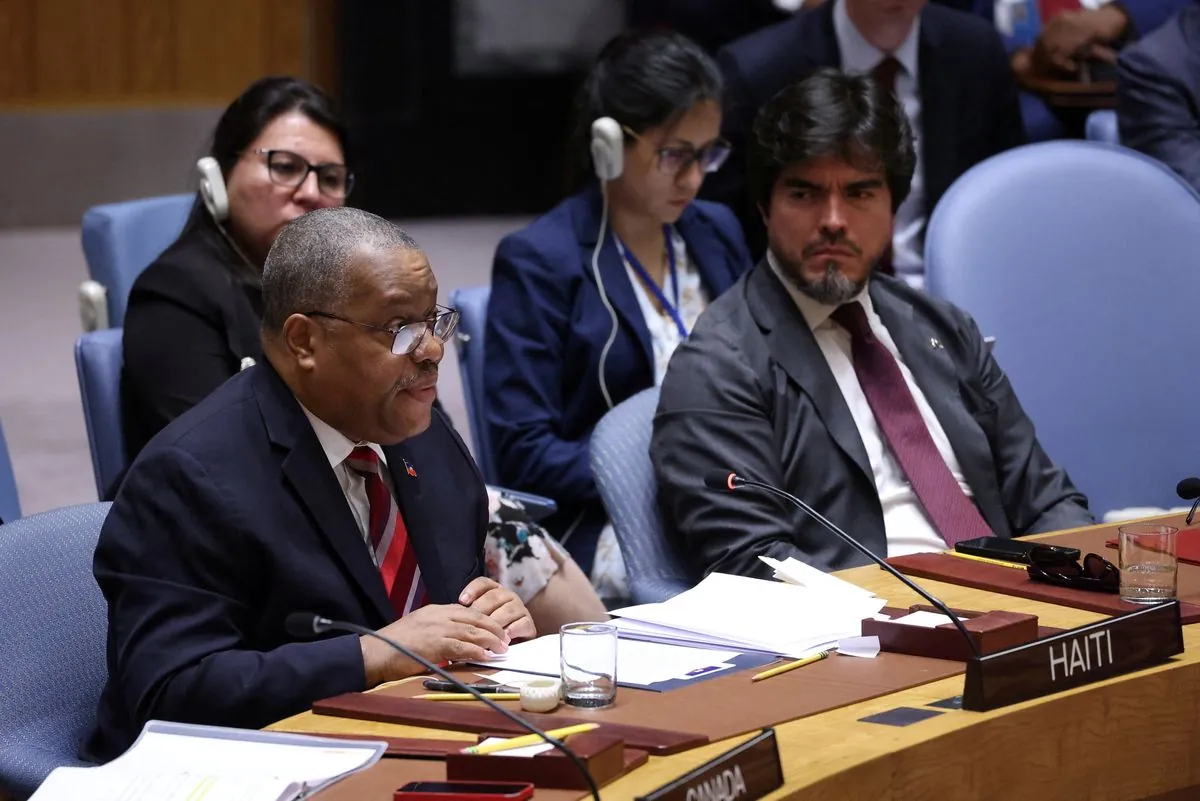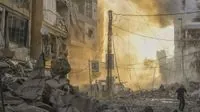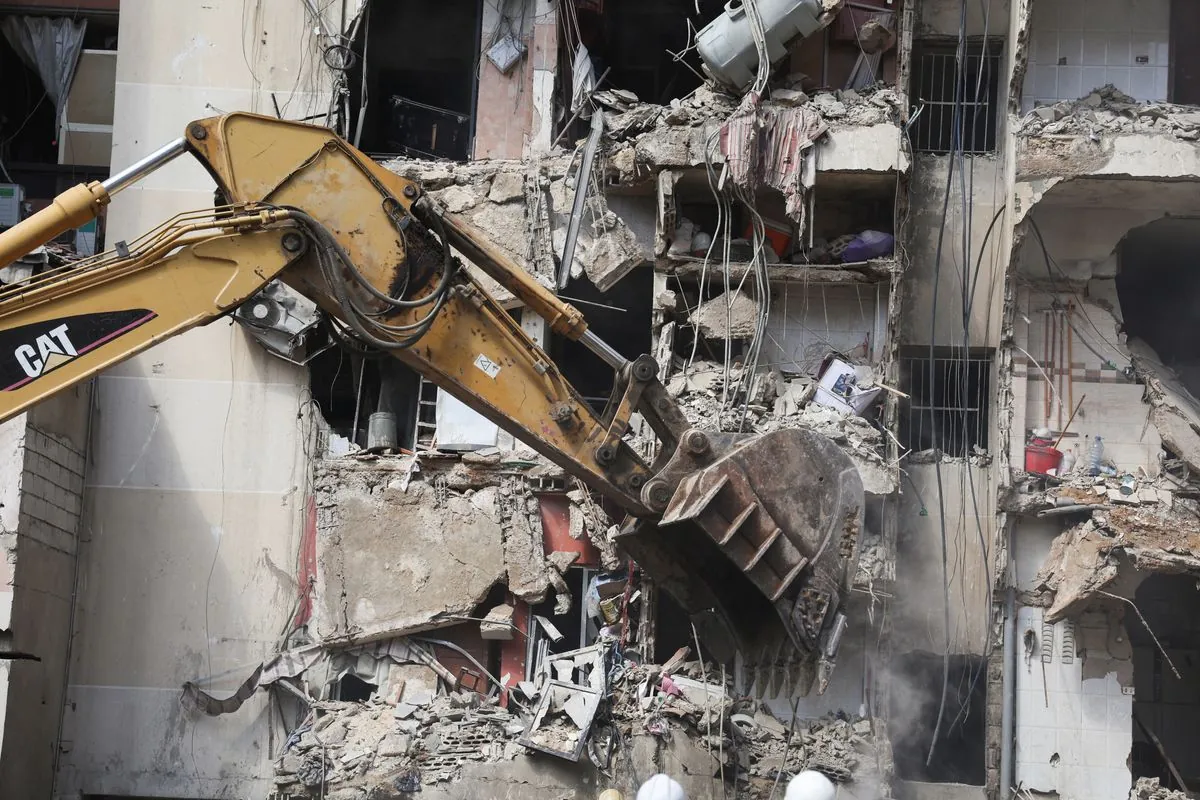Gaza Family's Year-Long Odyssey: From Home to Humanitarian Zone
A Palestinian family's journey through multiple displacements in Gaza over the past year, highlighting the challenges faced by civilians in the conflict-torn region. Their story reflects the broader humanitarian crisis unfolding in Gaza.
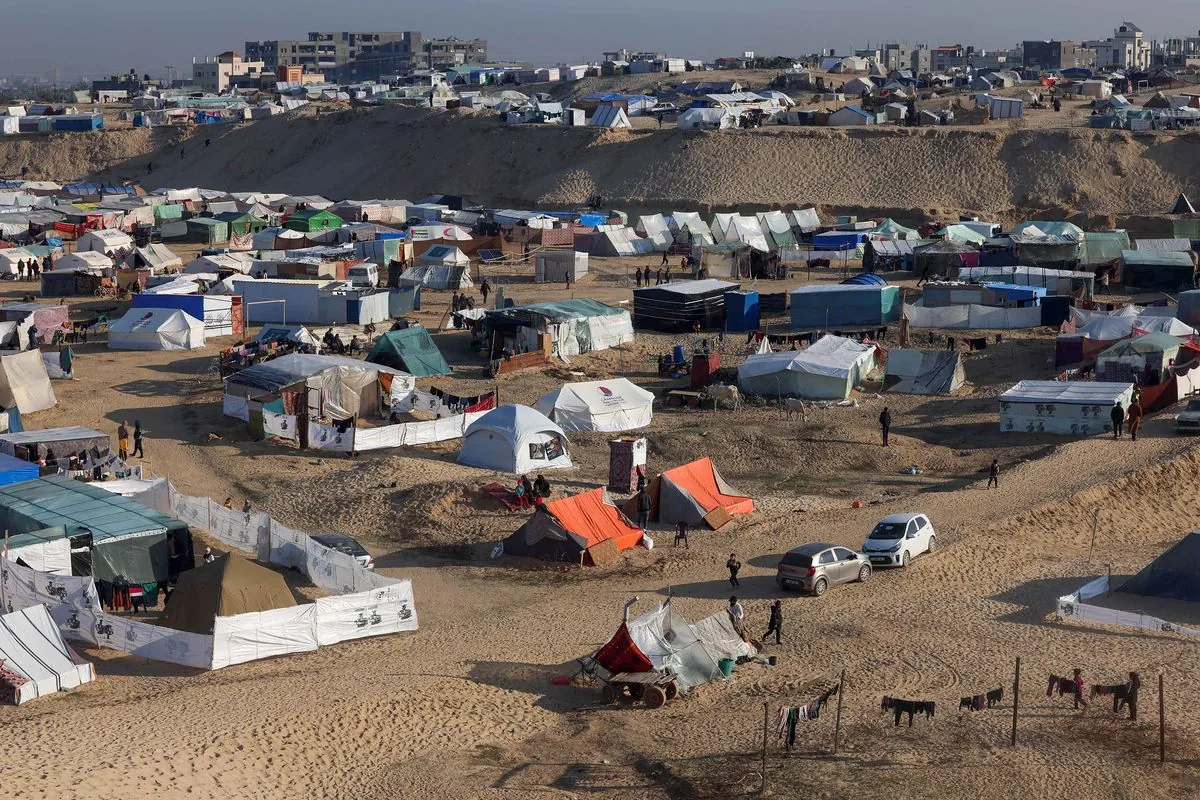
In the Gaza Strip, a region known for its dense population and complex history, the Abu Jarad family's story exemplifies the plight of many Palestinians caught in the ongoing conflict. Over the past year, Ne'man Abu Jarad, his wife Majida, and their six daughters have been forced to relocate seven times, each move further eroding their once comfortable middle-class life.
Their journey began on October 7, 2023, when Hamas launched an attack on Israel, prompting a swift and severe response. The Abu Jarads, living just 2 kilometers from the border fence, heeded the first Israeli evacuation order and left their home. This initial displacement set in motion a series of relocations that would see the family moving across the Gaza Strip, seeking safety and shelter.
"Your house is your homeland. Everything good in our life was the home. We are missing all that."
The family's odyssey took them from Beit Lahiya to al-Quds hospital, then to a crowded U.N.-run school in the Nuseirat refugee camp. Each location presented its own set of challenges, from overcrowding to limited access to basic necessities. The school, where they stayed for over 10 weeks, housed hundreds of people with inadequate sanitation facilities and scarce resources.
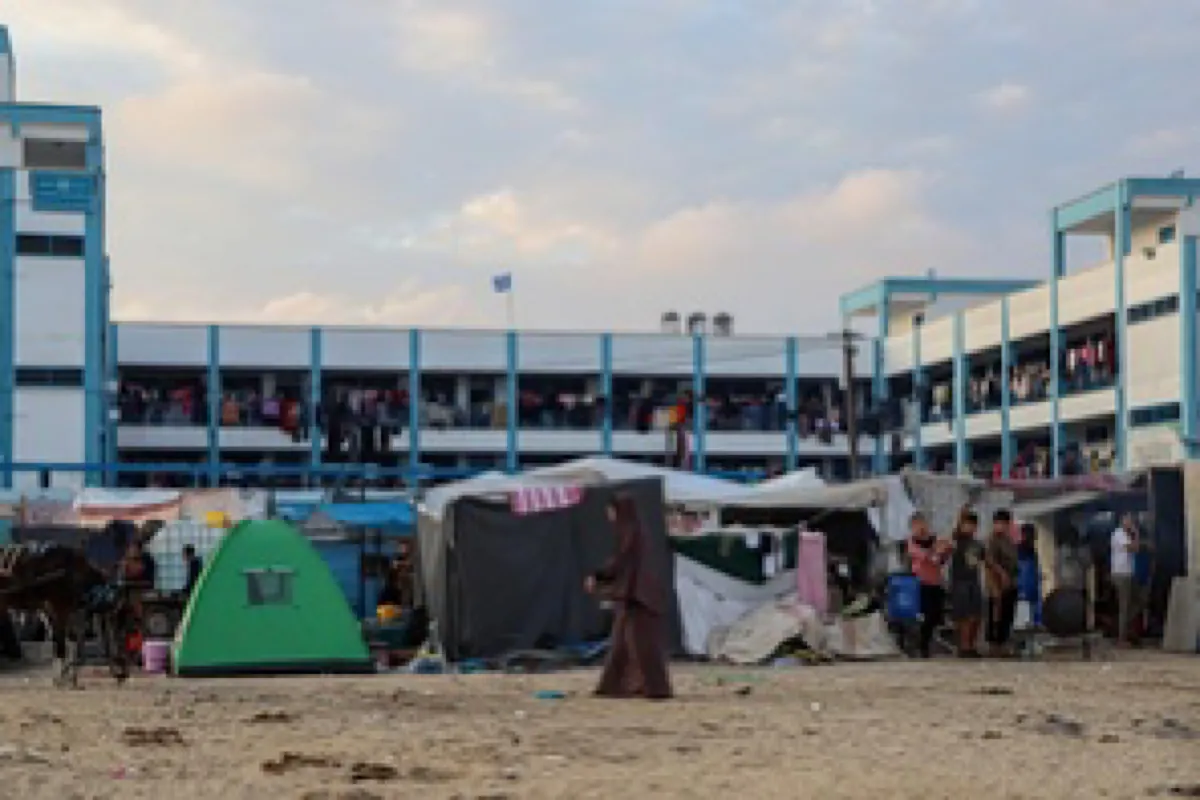
As winter set in, the family faced new hardships. They moved to Rafah, joining nearly half of Gaza's population in the southernmost part of the territory. Here, they experienced tent life for the first time, struggling with harsh weather conditions and food scarcity. The situation in Rafah deteriorated as Israeli forces pushed into the city, forcing another evacuation.
The Abu Jarads then found themselves in Muwasi, a coastal area designated as a "humanitarian zone." Despite this label, the family faced ongoing challenges, including limited access to food, water, and basic amenities. The once-routine acts of cooking and bathing became arduous tasks in their new reality.
Throughout their journey, the family has witnessed the broader humanitarian crisis unfolding in Gaza. The territory, which relies heavily on aid, has seen a significant drop in supplies entering the region. The ongoing conflict has exacerbated existing issues such as high unemployment rates, limited access to clean water and electricity, and environmental challenges.
As of October 2024, the Abu Jarad family remains displaced, their future uncertain. Their story reflects the experiences of nearly 1.9 million Palestinians in Gaza who have been uprooted by the conflict. Despite the hardships, they hold onto memories of their former life and the hope of one day returning home.
The ongoing situation in Gaza highlights the need for sustainable solutions to address the humanitarian crisis and the underlying political issues. As the conflict continues, families like the Abu Jarads serve as a reminder of the human cost of prolonged displacement and the resilience of those caught in the midst of geopolitical turmoil.































